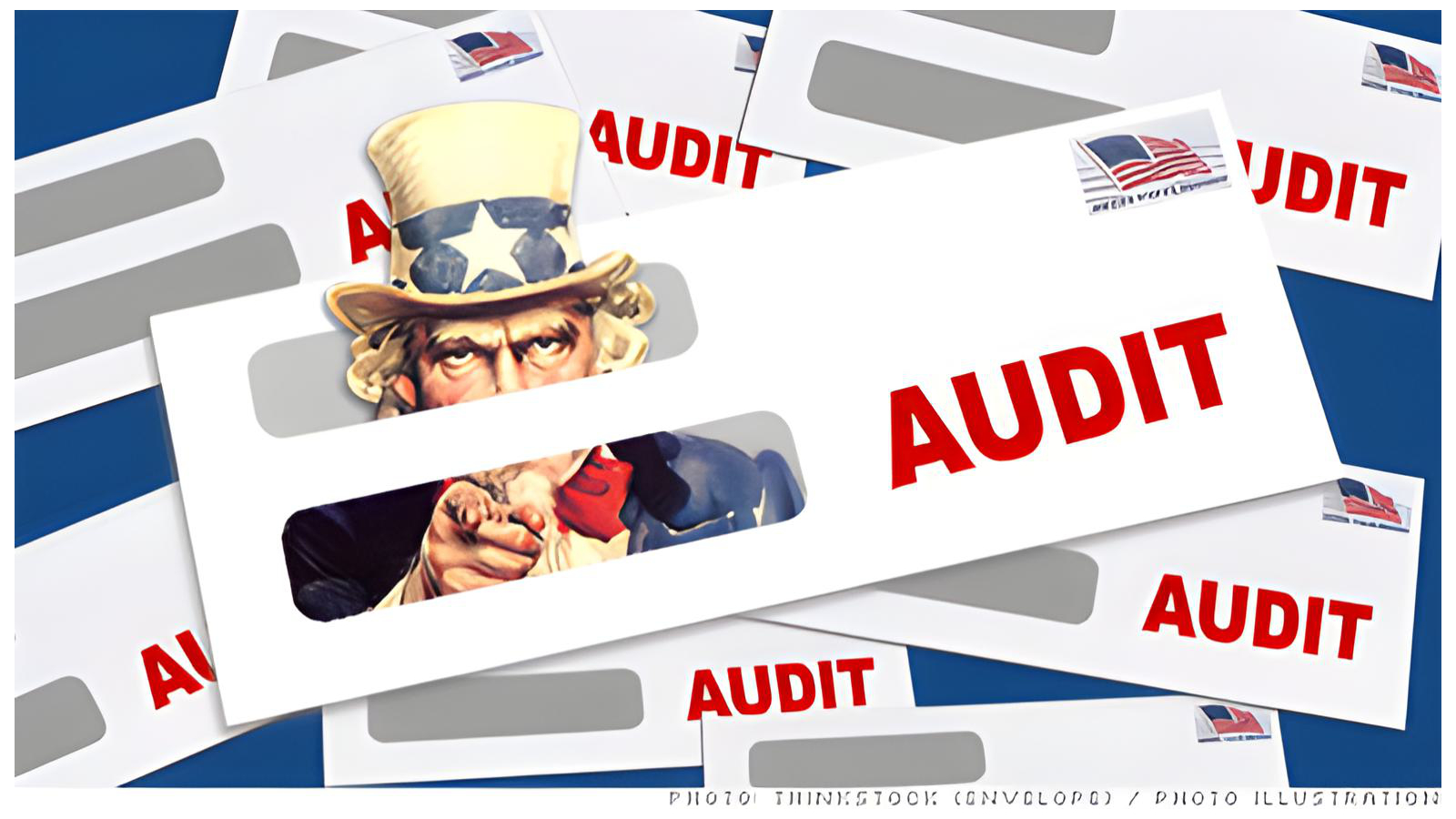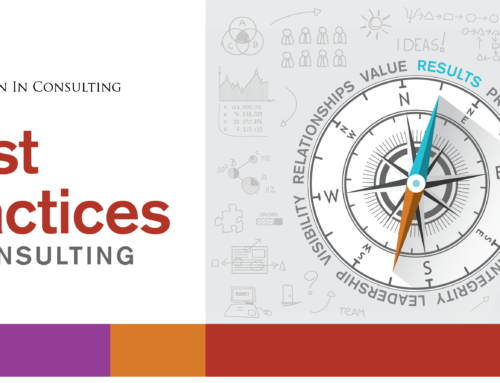Let’s face it; ‘revenue’ is the IRS’s middle name. Their job is to collect as much money as they think taxpayers might owe. The only way to know how much they need to collect is to conduct audits of a sample of the population.
The IRS is continuing to raise the number of these audits it conducts each year, spending about $8.2 billion in 2011 to enforce the tax laws. Here’s everything you need to know to avoid IRS audit pain.
How long does the IRS have to audit your return?
Under normal circumstances, the IRS has up to three years after the due date of your return to audit it. For example, a 2011 return due October 15, 2012 (extended deadline) may be examined until October 15, 2015. The IRS has six years to audit a return if they believe it may be missing 25% or more income. Additionally, there are two situations – tax fraud and failing to file a tax return – that allow the IRS to go back indefinitely to conduct an audit.
So how can you avoid an IRS audit? Well, some well-known tax situations exist that seem to be high on the audit list.
Who does the IRS target for audits?
- New businesses taking “hobby” losses.
- Business or reimbursed employee expenses such as travel, meals, entertainment and auto mileage that all have elements of personal use to them.
- S-corporations in which officers fail to pay themselves wages or pay very little in comparison to others in their industry
- Charitable donations (did you really make them?)
- High-income tax payers ($200k plus earners are 50% more likely to be audited)
- Schedule C businesses on your 1040. Why? It’s easy. . .the information is right there on your personal tax return
- Taxpayers claiming the earned income tax credit. The IRS has found that the EIC is a tremendous source of fraud, so be very certain you qualify if you take it.
- Offshore bank accounts…you MUST disclose whether you have one
- Home-based businesses
Perhaps one of the most surprising facts is that people who file their tax returns on time have a higher chance of being audited than those who file extensions. We don’t know why that is, but the statistics support it.
What are the odds that you will be audited?
The good news is that we know with fair certainty what percentage of taxpayers will be audited based on income. By far, the most frequently audited group, at 4.2%, includes those who have a business and earn between $100,000 and $200,000.
Schedule Cs for sole proprietors are audited at a rate of 1.6% of all tax returns. If you make less than $200,000 with no business, you are pretty safe. Only .4% of all returns in this category are audited. Other low-audit risks include partnerships/LLCs and S-corporations.
10 Tips to Avoid an IRS Audit
Even if your return falls into one of the higher-risk audit categories, there are still many things you can do to reduce your exposure in order to avoid IRS audit pain:
- Always report all your income.
- Check your return for math errors before filing it.
- Don’t use round numbers for anything (i.e. $500 or $1,000 for donations).
- Either file close to April 15 or get an extension (early returns are audited more).
- File a neat, organized return.
- Try not to leave blank lines.
- Attach explanations for unusual items.
- Never lie or try to deceive the IRS.
- Incorporate your business instead of using Schedule C.
- Keep your numbers in line statistically with national averages (i.e. your meals and entertainment expenses should not be half of your business income).
Above all, prepare yourself in case you do get an audit. Realize it’s not the end of the world. Arm yourself now by keeping records of income and expenses. That means receipts, mileage logs, calendars etc. If you have a business, do not co-mingle business and personal funds. Maintain separate bank and credit card accounts for personal and business use.
If you do get audited, and you not agree with the audit proposal, don’t take no for an answer. Use the IRS bureaucracy to your advantage. Work the system. Call the Taxpayer Advocate’s Office if you have to, but never ignore the IRS or things can go from bad to worse.
Remember, you can and should get help from a professional if you don’t feel confident about dealing with the IRS yourself.
Image source: thinkstock








Thanks for sharing this advice! I had no idea that audits could be such a big deal for people. It sounds like the most important thing you could do is to be completely honest and accurate with your taxes. That way, you can be sure that you aren’t doing anything illegal.